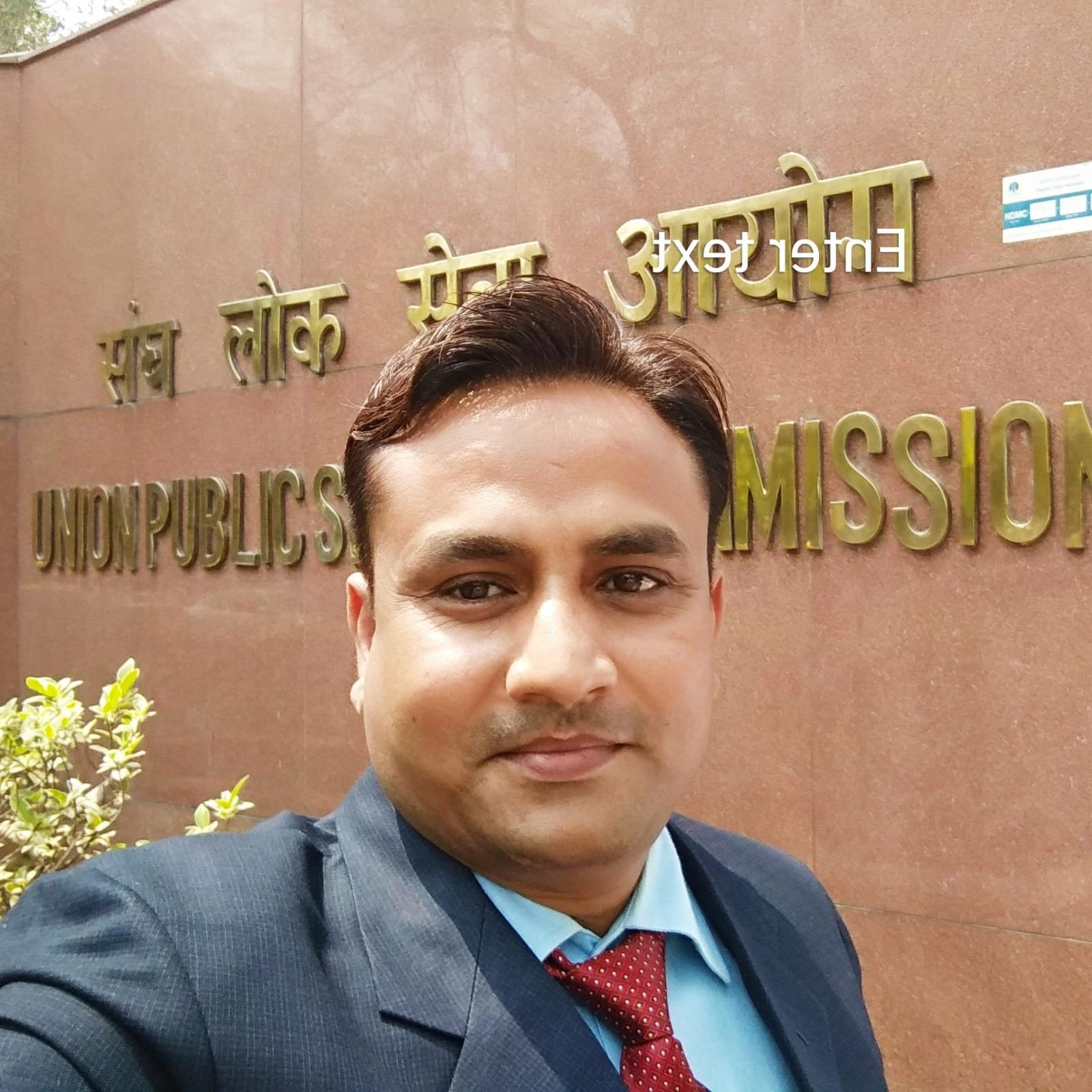Universal access to safe drinking water requires increased investment backed by strong government institutions – WHO, UNICEF, World Bank.

|
😊 Please Share This News 😊
|


|
😊 Please Share This News 😊
|
|
The State of the World’s Drinking Water report notes that over 2 billion people have gained access to safe drinking water in the past two decades. This progress, while positive, is fragile and inequitable with one-quarter of the world’s population left behind. Climate change is increasing the frequency and intensity of droughts and floods, which exacerbate water insecurity, disrupt supplies and devastate communities. Meanwhile rapid urbanization is increasing the strain on cities’ capacity to deliver water to the millions of people living in in-formal communities and slums.Governments must invest strategically in building safe drinking water systems by not only increasing funding, but also strengthening capacities to plan, coordinate, and regulate service provision, if the world is to achieve universal access to safe drinking water and mitigate the effects of climate change, say WHO, UNICEF, and the World Bank in a report released today.
“Providing greater access to safe drinking water has saved many lives, most of them children. But climate change is eating into those achievements,” said Dr Maria Neira, WHO Director, Department of Environment, Climate Change and Health. “We have to accelerate our efforts to ensure every person has reliable access to safe drinking water something that is a human right, not a luxury.” The report provides a comprehensive review of the links between water, health, and development, with actionable recommendations for governments and partners, illustrated by examples of how countries are contributing to the attainment of the Sustainable Development Goal (SDG) target of reaching safely managed drinking water for all by 2030. “Investing in water and sanitation is critical to health, economic growth and the environment. Healthier children become healthier adults who then contribute more to the economy and society”, said Saroj Kumar Jha, Director, Global Director, World Bank Group’s Water Global Practice. “This principle is at the core of the World Bank’s Human Capital Project. Governments and private sector must take critical action now to accelerate inclusive and sustainable water supply and sanitation services in both urban and rural areas.” To provide universal access to safe drinking water by 2030, governments and partners must dramatically increase political commitment to drinking water and quadruple investments. The report provides comprehensive recommendations to enact sustainable improvements that addresses infrastructure, governance, finance, capacity development, data and information, and innovation, even with limited budgets. Overarching recommendations include:
“No child should be faced with the choice of drinking dirty water – a leading killer of children – or making dangerous journeys to collect water and missing out on school,” said Aidan Cronin, UNICEF Interim Director of Water, Sanitation, and Hygiene (WASH) and Climate, Environment, Energy, and Disaster Risk Reduction (CEED). “Accessible and reliable safe drinking water is fundamental to ensuring children are healthy, educated, and thriving.”
|
![]()

|
व्हाट्सप्प आइकान को दबा कर इस खबर को शेयर जरूर करें |
 [responsive-slider id=1466]
[responsive-slider id=1466]